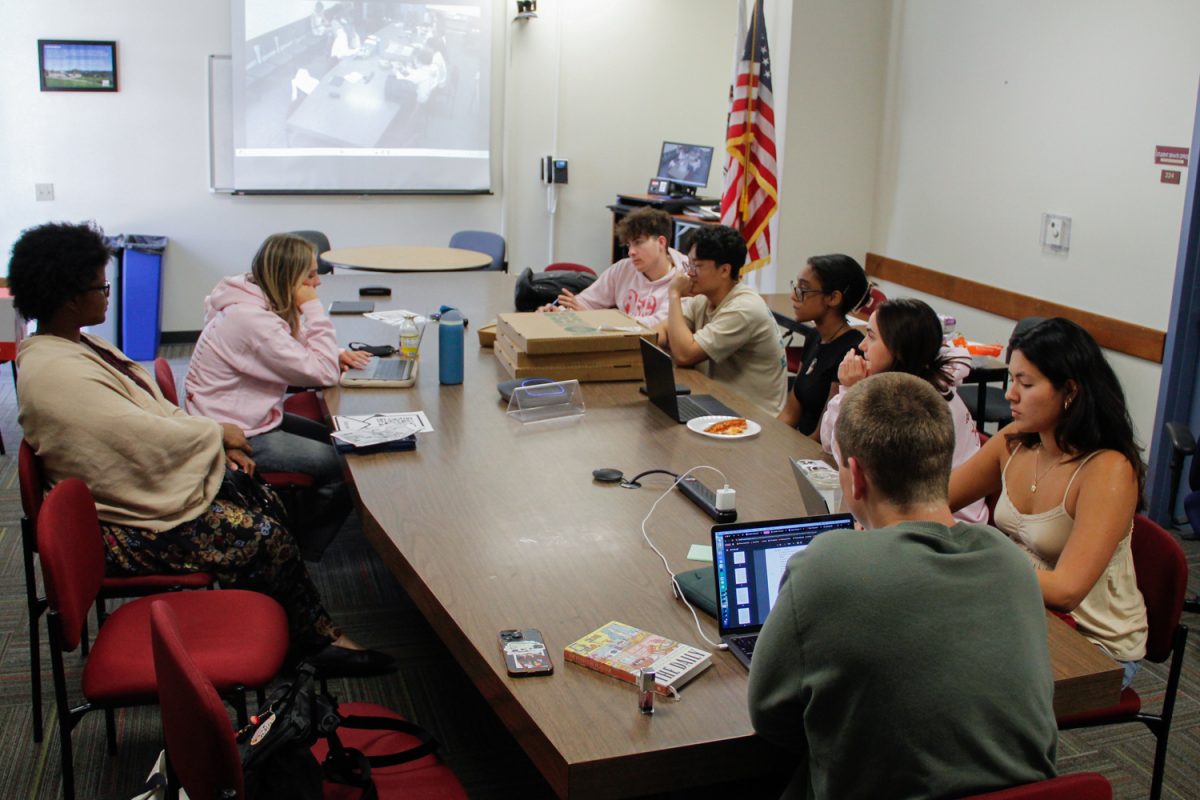Two years ago, Carson Mitchell drove up to Santa Barbara from his home in Orange County to register for classes at City College.
“It was almost two weeks into the semester, the last day to possibly add courses,” he said. “I [ran] around to about four different professors’ offices, begging them to let me in their class.”
He got into all of his classes and knew he made the right decision.
“I’m so glad that I’m here,” he said.
Mitchell may have landed at City College by chance, but as president of the Associated Student Government, he strives to continue the college’s mission of “providing the best to the most people.”
The pandemic and nationwide Black Lives Matter protests exposed him to an abundance of inequalities and gaps in access to education.
The college as a whole has made it a priority to address these issues.
“I think that was the real kick-start that we needed to indicate that we need to stop talking the talk and start walking the walk,” Mitchell said.
He’s watched the student senate undertake deeper and more meaningful issues since his first semester as commissioner of academics.
“We transitioned to planning things like club day and virtual mixers to talking about—how do we provide access to the most underrepresented and disproportionately impacted students?” he said.
He never saw himself taking on this task prior to attending City College.
“I’ve developed leadership abilities and interpersonal skills that I never thought were possible for me,” Mitchell said. “I consider myself a, quote-unquote, nerdy math student.”
Now he spends his spare moments between classes answering emails, attending committee meetings and preparing for the Friday morning student government meetings.
“I think we are setting up a permanent culture shift,” he said, “so that future ASGs will inherit a much more important set of responsibilities.”
None of this work can be done without the support of other campus leaders and advisors collectively aiming for more equity at the college.
Increasing access to stipends is one of the recent projects the senate is committed to taking on.
“There’s 101 reasons I could give as to why this would be a positive impact for students on our campus,” he said.
The goal of the stipend for student officers is to make participation in student government more accessible to people who might have to choose between other responsibilities.
Mitchell said he knows he won’t solve all inequalities by the end of his term, but he wants to set up future student boards for success.
“I’m incredibly grateful that the students trust me to do that work,” he said.












![Ken Watts uses the cable chest press machine on April 9 in Santa Barbara, Calif. "[What] people value the most in personal training is accountability," Watts said.](https://www.thechannels.org/wp-content/uploads/2025/04/MGSWatts-3-1200x800.jpg)

